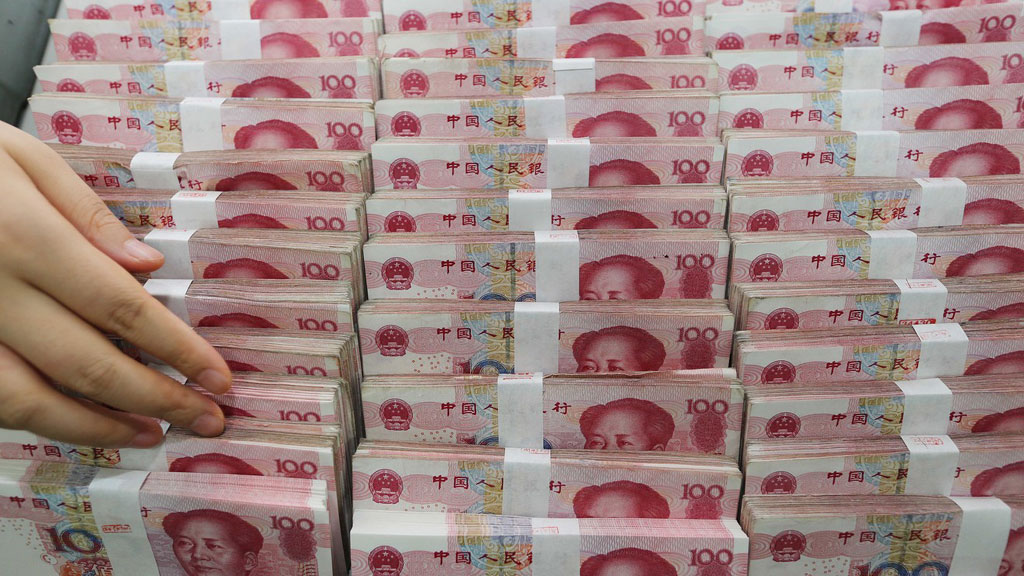 LAGOS: Nigeria's central bank is wooing local businesses importing goods from China to use the yuan instead of the US dollar in its effort to support its naira currency and boost reserves.
LAGOS: Nigeria's central bank is wooing local businesses importing goods from China to use the yuan instead of the US dollar in its effort to support its naira currency and boost reserves.
Central bank officials on Wednesday held a town hall meeting with businesses in Lagos to introduce the yuan for imports from China ahead of plans to start auctioning the Asian currency later this month.
The dollar is Nigeria's main trade currency. The OPEC member suffered severe dollar shortages after the price of crude oil, its top export and main source of FX, plunged in late 2014, prompting it to introduce capital controls in 2015.
It now has multiple exchange rates against the US currency and has been selling the dollar on the interbank market to boost liquidity after floating the naira for investors.
"The central bank will encourage users importing goods from China to use the yuan and not the dollar," officials said.
"Dollar demand burden arising from trades with China would be lifted from our FX reserves," they said, adding that initial yuan trades could be small.
Nigeria signed a $2.5 billion currency swap arrangement with the People's Bank of China (PBOC) in May.
Officials said the deal is aimed at reducing reliance on the dollar and "as such reduce the pressure on the naira-dollar exchange rate."
Under the swap arrangement, Nigeria's central bank would hold 720 billion naira in an account in favour of the PBOC while the Chinese central bank would hold 15 billion yuan, impling an exchange rate of 48 naira to the yuan.
The bank also said the move was aimed at encouraging Chinese firms buying local raw materials and semi-finished goods to pay in naira. However payment for crude oil sold to China would be in US dollar, they said.
Nigeria has been trying several options to curb pressure on the naira. But some of its plans may require time to materialise as it needs to develop its economy in order to cut imports.
It currently runs a large trade deficit with China, its biggest trading partner. Nigeria imported goods worth almost $2 billion per annum from China last year as against almost $500 million imported by the Chinese, figures showed.
Economists fear that currency swap could worsen the deficit and trade balance. Some importers told Reuters that a strong naira would erase the benefit of the swap but added that the naira may weaken especially after elections next year.
Nigeria has around 4.4 percent of its foreign reserves of $47 billion denominated in yuan while the remaining is held in US dollar. Officials expect the move to also boost foreign investment from China into Nigeria.




























Comments
Comments are closed.